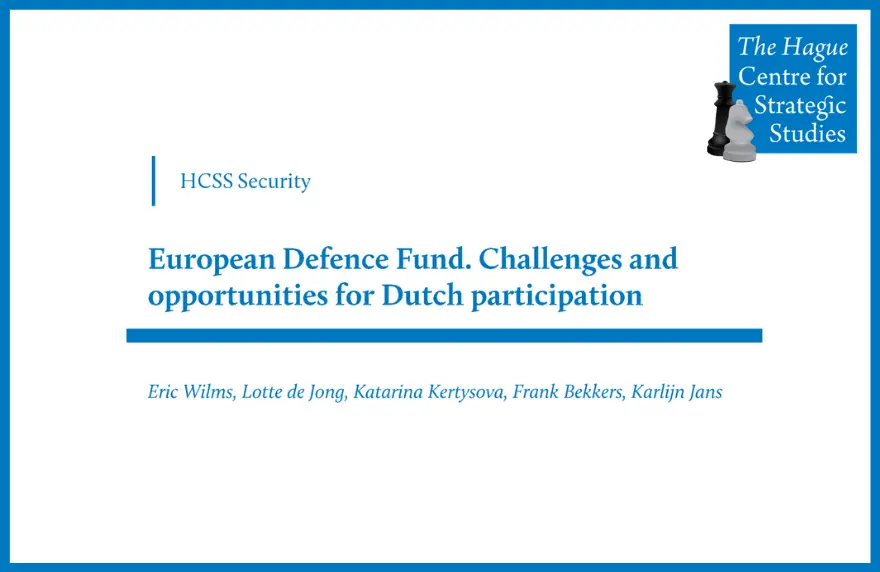Research
By the slow-moving standards of international diplomacy, the relatively recent term “Indo-Pacific” has gone viral, multiple European states have now developed “Indo-Pacific” strategies. Even the slow, consensus-driven European Union managed to publish an Indo-Pacific Strategy in 2021. Perhaps inevitably given the size and diversity of the region, the scope of the strategy is vast. The tools, however, are few. The EU strategy lists more outcomes than actions. Strikingly though, one specific action mentioned in the document is “enhanced naval deployments.”
European states appear willing to expend scarce resources on “presence” missions. In 2020, at the Shangri-La Conference, the Netherlands Minister of Defence committed to deploying a vessel to the Indo-Pacific every other year. This would represent committing a quarter of the Dutch Navy’s frigate sailing time to such operations. The EU strategy calls for increased regional presence, but given the modest resources, every deployment must count.
This brief by Jonathan D. Caverley (United States Naval War College) argues that even modest navies—almost uniquely among foreign policy tools— can effectively perform diplomacy when used thoughtfully and judiciously by civilian political leaders. Caverley explores how to analyse the diplomatic benefits of a naval vessel. The brief then discusses where to sink these costs. It points out that diplomacy is the province of civilian leadership; admirals cannot tell civilians how to use Europe’s limited naval capital as a currency of international relations, but they can help civilians understand the exchange rate. It concludes by recommending that, as the world enters a more competitive, even mercantile era, Europe should focus its diplomacy via gunboats to deterring the potential for gunboat diplomacy.
Author: Jonathan D. Caverley is Professor in the Strategic & Operational Research Department of the Naval War College’s Center for Naval Warfare Studies, where he served as the inaugural director of the Bernard Brodie Strategy Group from 2020 to 2022. He is a Research Affiliate in the Security Studies Program at the Massachusetts Institute of Technology.
This paper is part of a HCSS Europe in the Indo-Pacific Hub (EIPH) paper series, edited by senior strategic analyst Paul van Hooft. This paper was also edited by PR and Communications Assistant, Alessandra Barrow.



